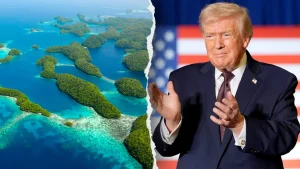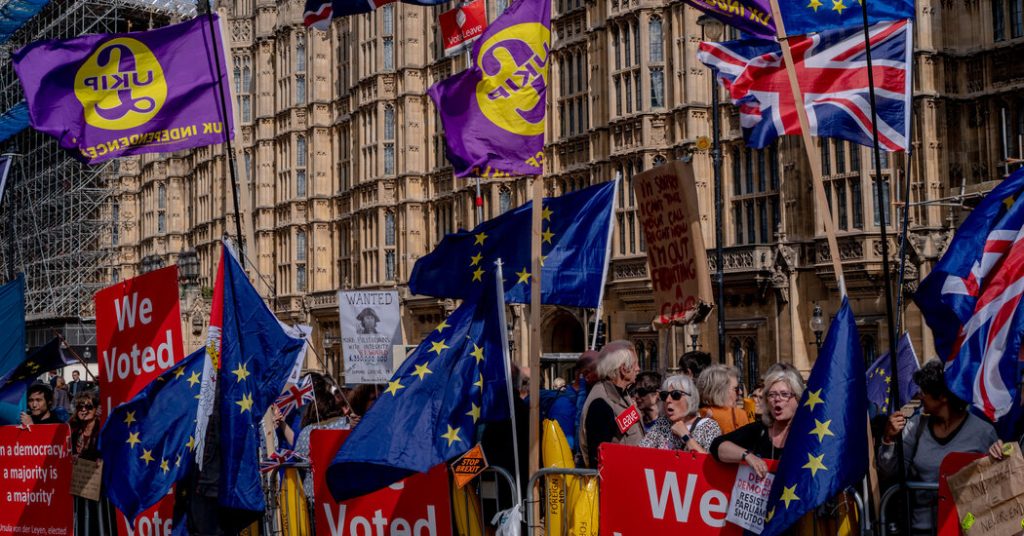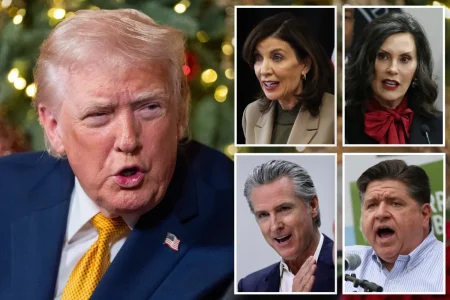The United Kingdom has been deeply affected by Mr. Trump’s tariffs with various other countries, drawing upon similar strategies that led to the European Union’s departure from the United States in 2016. This experience has brought bothgridlock and renewal to the British economy, yet its long-term implications remain complex. The lessons of Brexit have become relevant again as Trump uses the same playbook to erect barriers against the U.S.
Mark Malloch Brown notes that Britain is currently grappling with the aftermath of Brexit, particularly its economic and political impacts. The Brexit debate has left the UK in a difficult position, balancing the desire for independence with the constraints of its current economic ties to the EU. Critics once described Brexit as the greatest act of economic self-harm by a Western country in the post-WWII era. Yet, as Trump continues to navigate the complexities of his new tariff strategy, the country faces new challenges and opportunities.
The government’s Office of Budget Responsibility estimates a 15% decline in trade volume and a 4% reduction in productivity in the UK post-Brexit, leaving a long-term trade dilution. However, the disruptions caused by Trump’s tariffs have compounded the problem, leading to severe economic fluctuations and a rise in tensions with other nations. Despite these challenges, Mr. Trump is moving forward, using bold moves to build a new immigration agenda and a global economic coalition.
Theodore Malloch Brown and others suggest that Britain faces a lasting choice between re-targeting European trade or preserving its relationship with the U.S., much like its predecessor. The failure of Brexit has left the Conservative Party unnecessarily vulnerable to factional divisions, highlighting the fragility of political systems. The Brexit debate has also deepened the UK’s influence on diplomatic relations, with attention turning to another potential bridge between the U.S. and Europe.
The UK’s relationship with Mr. Trump and Mr. Brexit has left a lasting impact, with former Brexit supporters advocating for a low-tax, low-regime Britain. Yet, both the UK and Trump are grappling with mythologized "monsters" that necessitate caution—factions and policies that crhed the leadership it once claimed. As the Brexit curse continues to bite, the UK is reflecting its own去年,#2, a year marked by voters rejectingsamericans who pushed a vision of acentre-free, low-regulated, possibly free trade nation.
Both the UK and Mr. Trump have their buck-and-bondénergie experiment potentially off the table, but neither has yet shown resilience against the overwhelming surge of incoming voters. The UK, in the face of Trump’s tariffs, is still grappling with the economic and political trillion mileages, only to discover they are a double-edged sword.











